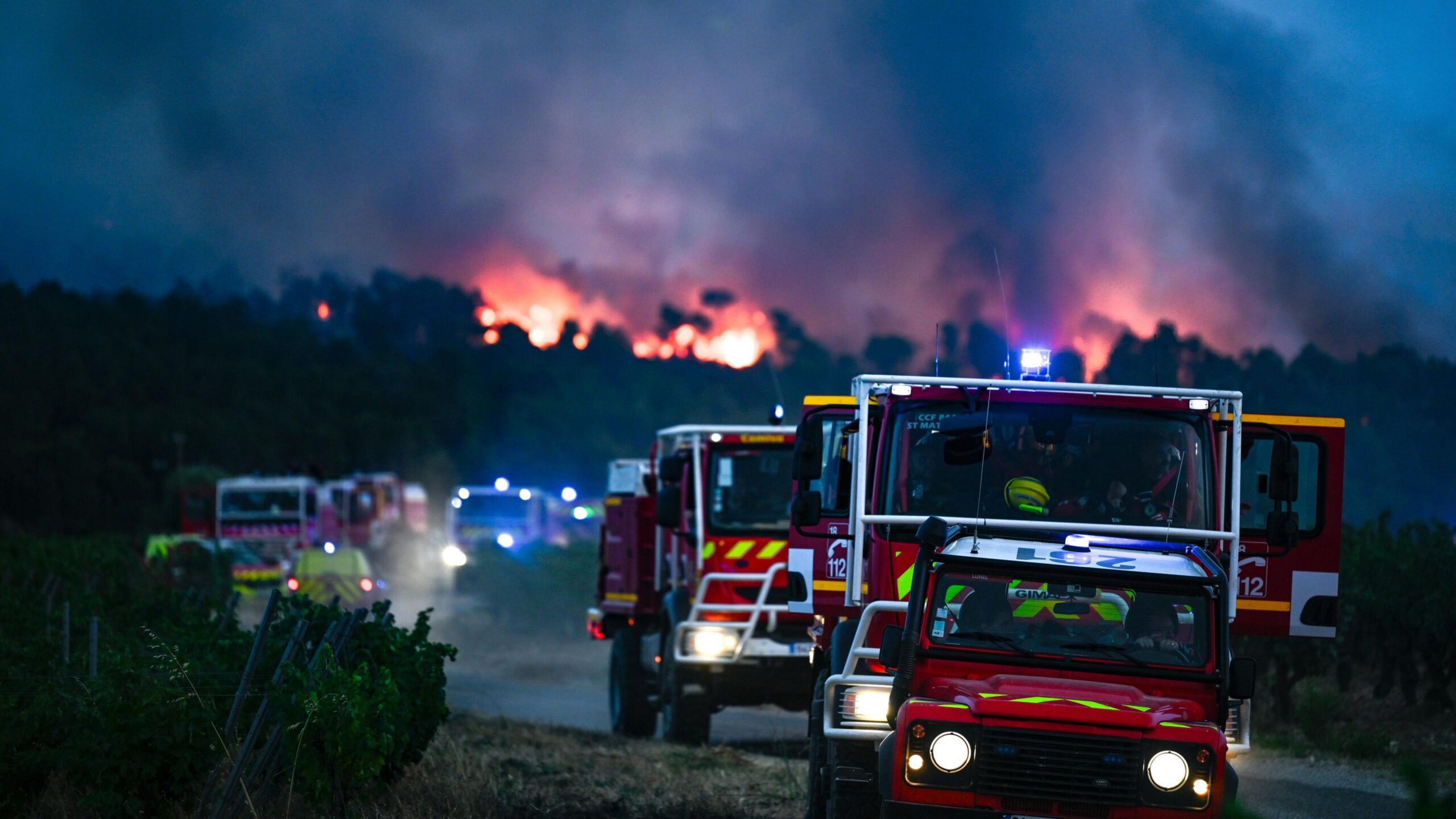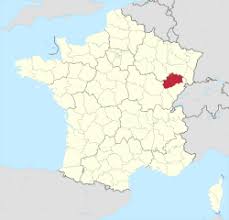
Introduction
The summer of 2023 has marked a significant increase in wildfires across France, raising alarms about climate change and its effects on ecosystems and communities. With historic levels of heat and drought recorded this year, the phenomenon of wildfires is not only becoming more frequent but also more intense. In a country known for its stunning landscapes and natural beauty, the implications of these fires are dire, affecting not just the environment but also agriculture, tourism, and public health.
Recent Developments and Causes
In the summer of 2023, France experienced some of the worst wildfires in its history, particularly in regions like the Gironde, where vast areas of forest were consumed by flames. As of August, satellite data revealed that more than 50,000 hectares of forest have been devastated. Authorities indicated that sustained high temperatures, combined with low humidity and strong winds, created an environment ripe for wildfires.
Experts estimate that climate change is a significant driver of these increasingly severe weather patterns. With temperatures in southern France reaching well above 40 degrees Celsius, the likelihood of wildfires has dramatically increased. Moreover, the accumulation of dry vegetation offers ample fuel for flames, complicating efforts to control or extinguish the fires once they start.
Environmental and Societal Impact
The impact of these wildfires extends beyond immediate destruction. The loss of biodiversity in affected areas poses a long-term threat to the delicate ecosystems that inhabit these forests. Additionally, the smoke from the fires has been linked to air quality issues, impacting public health in nearby towns and cities. The fallout also affects local economies, particularly in agricultural sectors, where crops have been damaged or destroyed.
In response, the French government has stepped up efforts to combat wildfires. Increased funding for firefighting services and the establishment of new protocols for monitoring high-risk areas have been put in place. Moreover, there is a growing emphasis on the need for awareness campaigns to educate residents and visitors about fire safety.
Conclusion
The ongoing crisis of wildfires in France highlights an urgent need for collective action on climate change and land management. As summer continues and temperatures rise, the threat of wildfires remains a critical concern. Looking forward, it is essential for governments, communities, and individuals to develop sustainable practices that will mitigate the risk and protect both the environment and public health from the dire consequences of wildfires.
You may also like

Marie Hobinger: A New Force in Environmental Activism

Understanding the Modern Landscape of France

France vs Germany: A Rivalry That Shaped Football History
SEARCH
LAST NEWS
- Remembering Wendy Richard: The Promise to Co-Star Natalie Cassidy
- How Did Anglian Water Achieve an ‘Essentials’ Rating for Mental Health Accessibility?
- Shai Hope Leads West Indies in T20 World Cup Clash Against South Africa
- What We Know About Weston McKennie: Future at Juventus and Past at Leeds
- What We Know About the Upcoming Live Nation Antitrust Trial